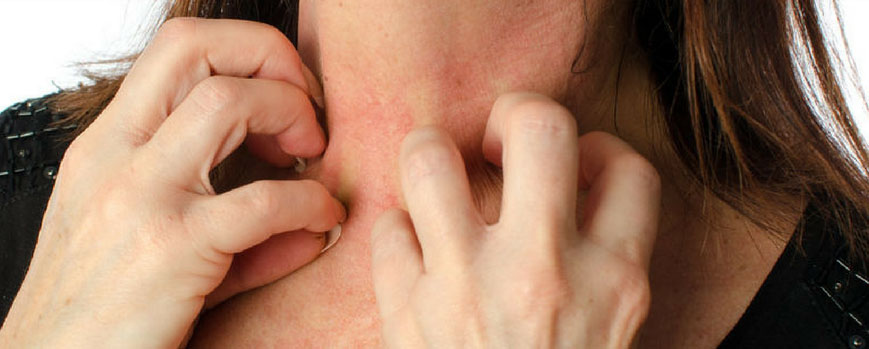Anaphylaxis Management Acute Asthma Management
6th August 2017

One in five fatal food-allergic reactions happens in a school. Would you be confident in recognising the life-threatening signs of anaphylaxis even in a child without a diagnosed allergy? Would you know when you should administer an asthma inhaler to a child without a diagnosis? Following recent changes to legislation, schools are now able to keep spare asthma inhalers and auto adrenaline injectors (AAIs) in case of emergencies. Having the right medication is one thing, but being certain about when to use it is quite another and could literally make the difference between life and death. Staff in schools will be used to learning about the individual healthcare plans of children with diagnosed conditions, but would you and your colleagues recognise the life-threatening signs when a child doesn’t have an existing diagnosis?
Have you had training on acute asthma management and anaphylaxis management?
Training can help staff to feel more confident in treating children having potentially life-threatening reactions. This is even more important now that schools can keep spare asthma inhalers and AAIs to treat children without a diagnosis, if necessary. The recent high profile inquest into the death of Nasir Ahmed following a reaction at school highlighted the need not only for staff to know about the medical needs of all children, but that swift action and the use of an AAI could have saved his life. When was the last time your staff had training on managing asthma and anaphylaxis? Have the changes in legislation been covered? In large schools, is it reasonable to expect every member of staff to know the medical details for every single child, or is building confidence around recognising and treating symptoms a better way to ensure you honour your duty of care?
Why choose our acute asthma management and anaphylaxis management training?
In the UK, 20% of people have some kind of allergy – one of the highest rates in the world. Allergies can trigger asthma attacks or anaphylaxis, both of which can swiftly be life-threatening. Many school nursing teams are no longer offering training as, like much of the public sector, the service is stretched to its limits. While school nursing teams are nursing experts, they are generally not expert trainers. There is a real difference between having knowledge and being able to effectively pass that knowledge on. All our training is delivered by fully qualified doctors, nurses or paramedics with real firsthand experience who have been delivering training for many years. We combine our knowledge of asthma and anaphylaxis management in the acute emergency stage – something a school nursing team is unlikely to have – with practical steps that school staff can take in an emergency, leaving your team confident they know both the symptoms and action they need to take. Combining theory with practical exercises, your team will have the chance to use the knowledge they have gained in a final simulation at the end of the course. Among our clients are NHS Trusts from around the UK along with Clinical Commissioning Groups. We often train school nursing teams too. Our asthma and anaphylaxis training is convenient and flexible. We can come to school on a day or time to suit you – whether that’s an INSET day you have already booked or after school hours to minimise the impact on staff. Why not give one of our friendly team a call on 0203 553 4837 to find out more?